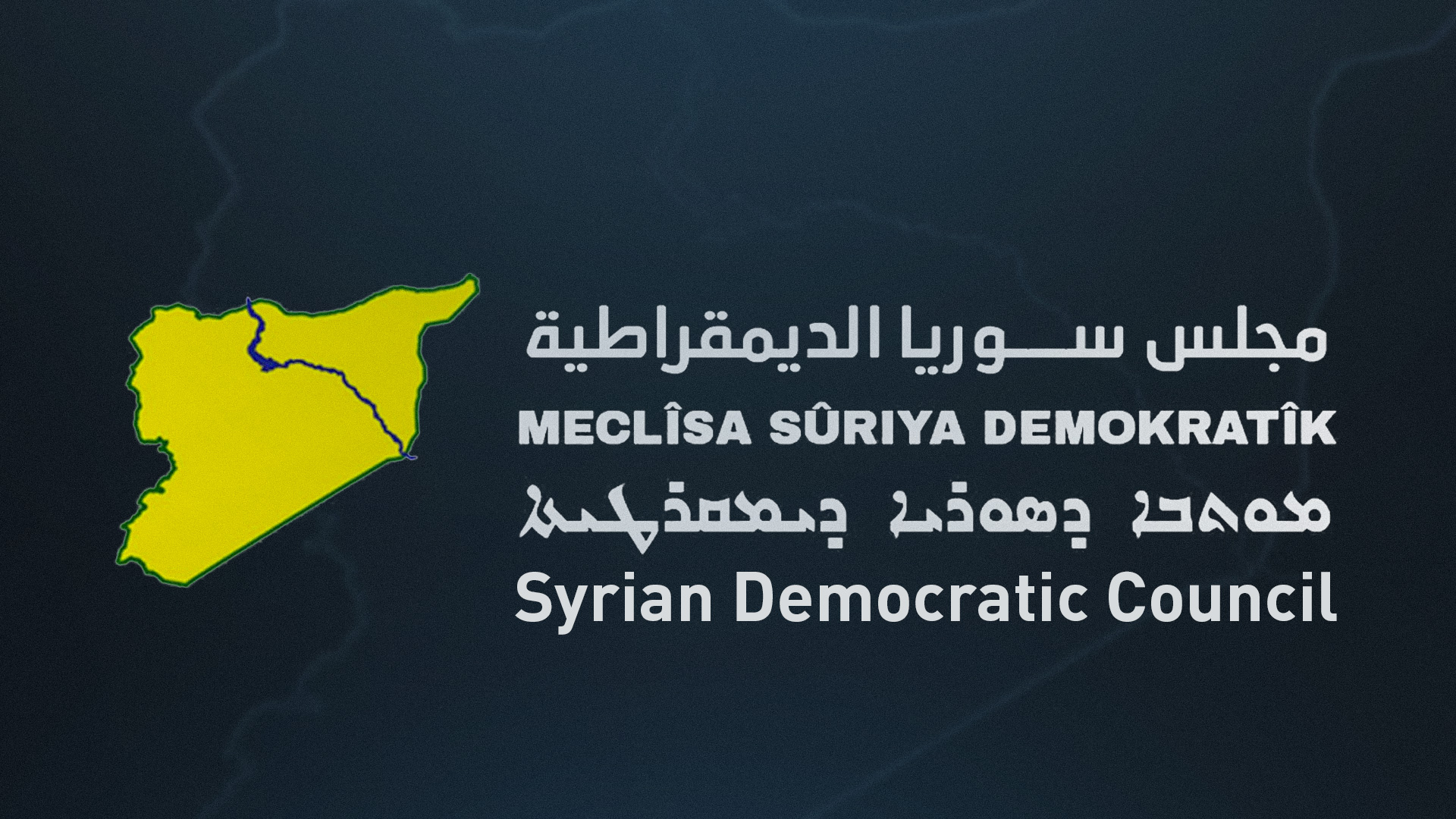Syrian Democratic Council Denounces Transitional Government’s Elections as Illegitimate
The SDC said the elections for the Syrian People's Assembly "do not express the will of the Syrian people and do not represent all regions and communities in the country."

ERBIL (Kurdistan24) – The Syrian Democratic Council (SDC) announced its rejection of the parliamentary elections organized by the transitional government in Syria, describing them as unrepresentative and lacking legitimacy.
In a statement issued to the public on Monday, the SDC said the elections for the Syrian People's Assembly "do not express the will of the Syrian people and do not represent all regions and communities in the country." The council characterized the process as "a political charade unbecoming of Syria's rich history and the sacrifices of its people who struggled to build a new Syria based on democracy, freedom, and true participation."
The statement stressed that such “formalistic elections” only deepen societal divisions instead of fostering national unity and reconciliation. The SDC emphasized that Syrians seek genuine, inclusive elections that reflect their collective will — a right the council described as "non-negotiable and fundamental to building a unified, democratic state founded on justice, citizenship, and equality."
The council further underscored that any legitimate electoral process must involve the participation of all Syrians, both inside and outside the country, under international supervision to ensure transparency and fairness. It concluded that only through such measures can Syria move toward ending its internal divisions and achieving just and lasting peace.
Syrian Parliamentary elections were held on October 5 to elect 119 of the 210 members of the People's Assembly, the unicameral legislature of Syria. This election was the first since the fall of the Assad regime in December 2024 and was conducted under the authority of the Syrian transitional government led by President Ahmed al-Sharaa.
In contrast to previous elections, the 2025 election utilized a provisional, indirect electoral system. Out of the 210 seats, 140 were designated for a constituency-based electoral college system, although only 121 were set to be elected, and ultimately, 119 seats were filled. Members of the People's Assembly were selected by local committees composed of experts and community figures. The remaining 70 members will be appointed directly by the president, with no seats elected by direct popular vote.